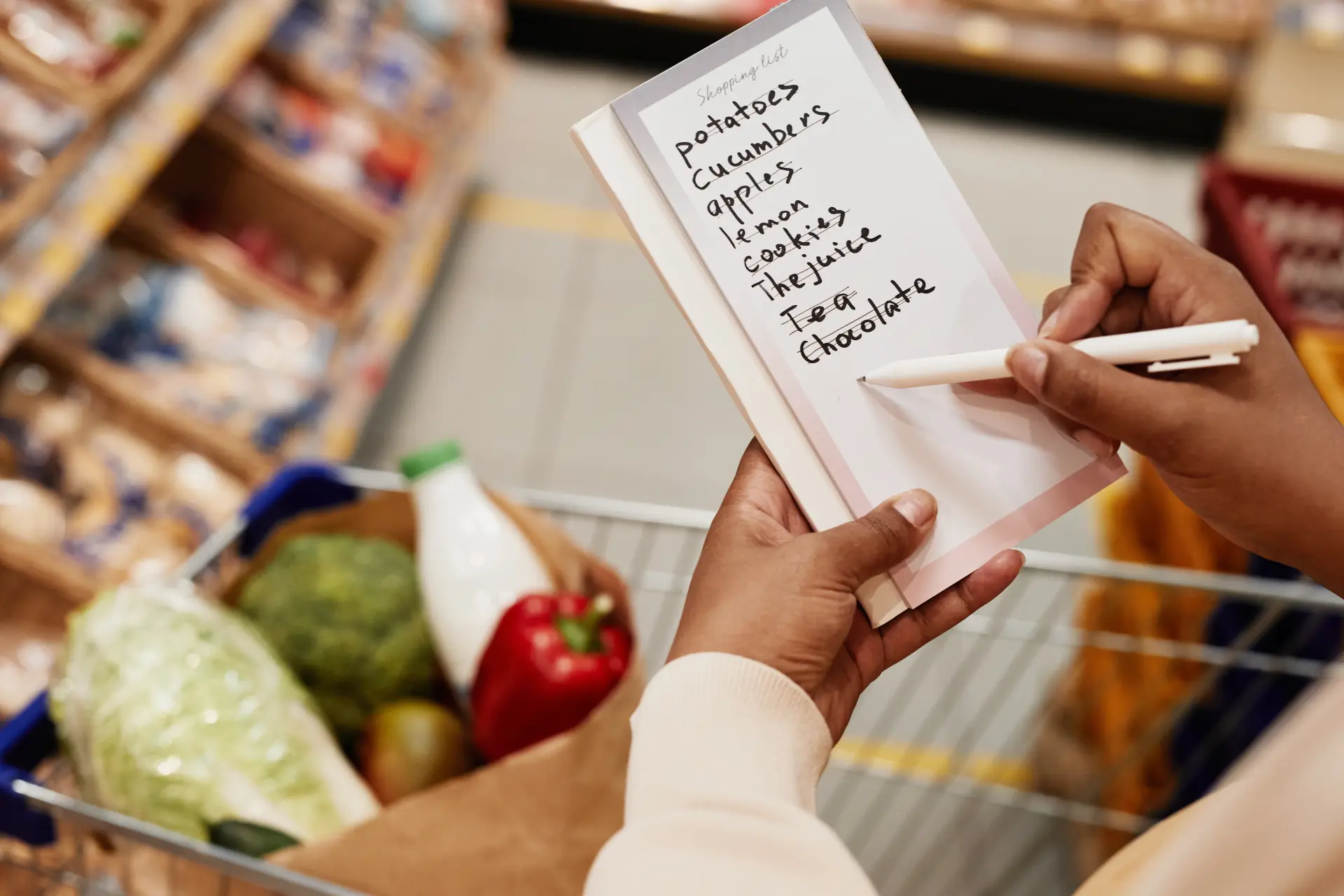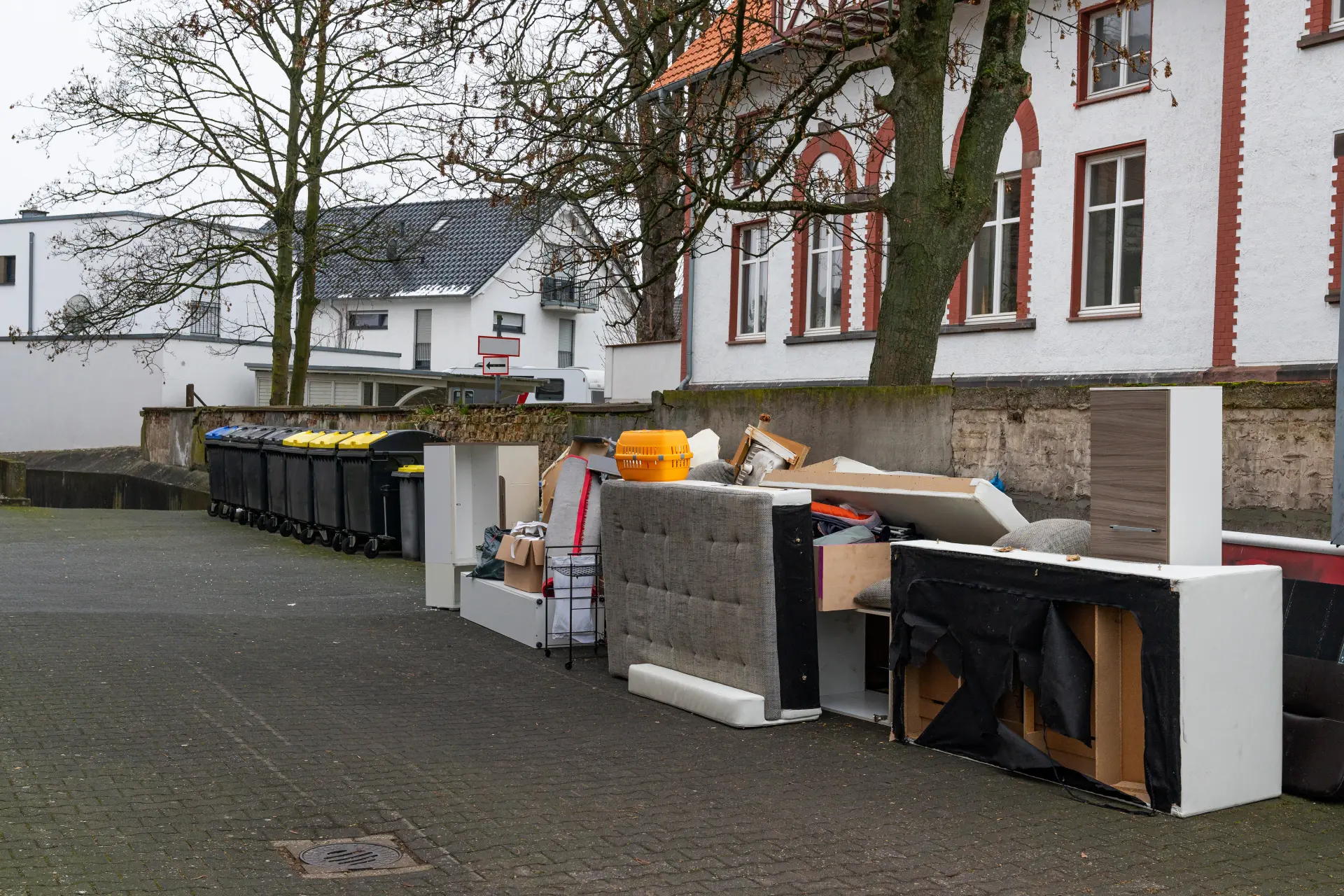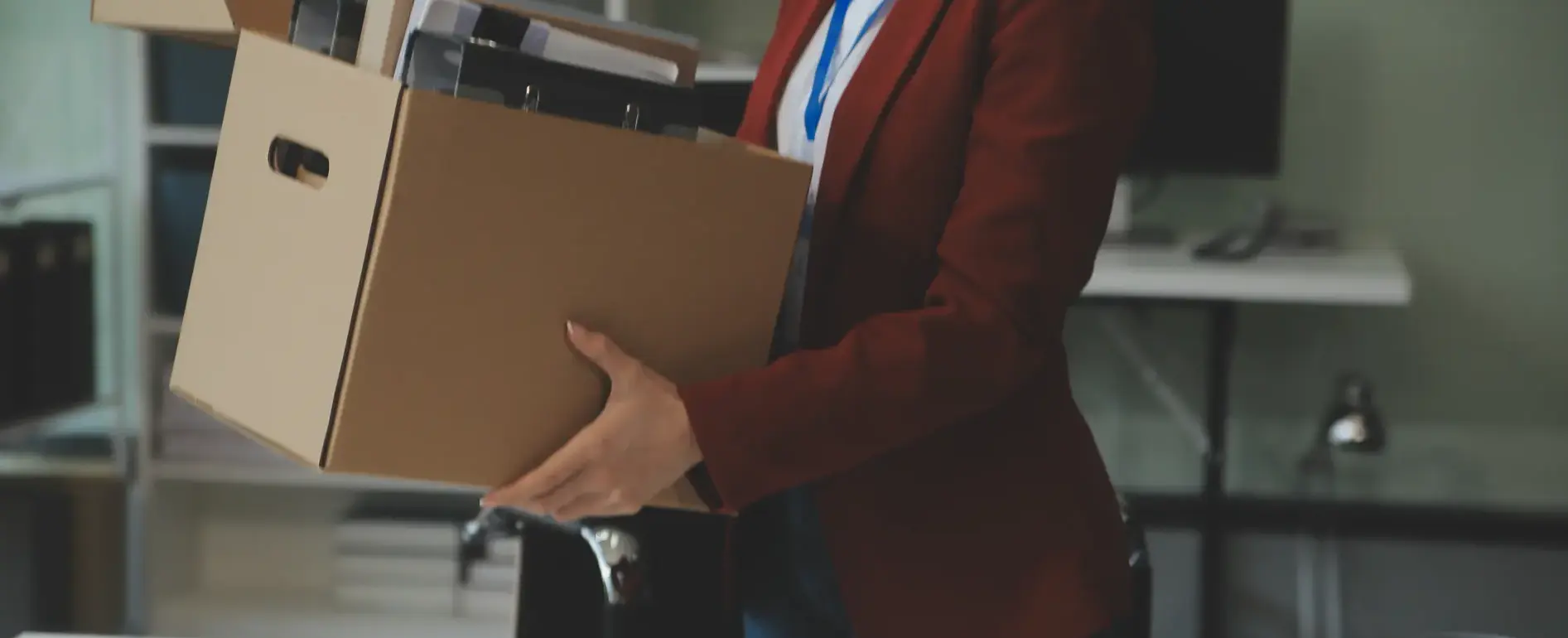Sorting and Recycling Effectively
Sorting waste properly is one of the best ways to reduce the amount that ends up in landfill. When using a skip, it helps to separate materials before putting them inside. Items such as wood, metal, glass, and cardboard can often be recycled if kept apart from general rubbish. By sorting in advance, you make it easier for the waste transfer station to recycle more of your materials. Some skip hire companies even offer separate skips for specific types of waste, which can further improve recycling rates.
With rubbish clearance services, sorting can be even more effective. Many providers train their teams to separate items during collection, which means recyclable materials are picked out before being disposed of. This is perfect for getting rid of items like electricals, furniture, or garden waste, which may need a range of recycling processes.
By sorting and recycling effectively, whether through skip hire or rubbish clearance, you not only reduce environmental harm but also make better use of resources. Recycling materials helps cut down on the need for new raw materials and supports a cleaner, more sustainable future.
Tips for Reducing Household and Business Waste
Reducing waste is the best way to lower costs and protect the surrounding environment. For many households, a good starting point is to buy only what you need for your property. Planning meals, making shopping lists, and holding back on buying unnecessary things can help you cut down on food and packaging waste. Always reuse items like jars, bags, and containers, as this is a great way to help limit the amount of paper that is thrown away. Recycling at home is easier when you set up separate bins for paper, plastics, glass, and general waste. Composting garden and food waste is another simple way to keep rubbish out of landfill while creating something useful for the garden.

For businesses, waste reduction usually begins with reviewing all your daily operations. Switching your paper documents to digital ones can reduce plenty of paper use, while encouraging your staff to reuse office supplies lowers costs and cuts down on waste. You could perhaps partner with local recycling firms. That way, waste materials like cardboard, plastics, and metals will be taken care of responsibly. You can also donate items, like furniture or equipment, to charities or to your community, as this is another great way to get rid of unnecessary products.
Both households and businesses benefit from adopting the idea known as “reduce, reuse, recycle.” Using refillable bottles, avoiding single-use plastics, repairing items instead of replacing them, and other small changes can all add up and have a really big impact.
Safe Disposal of Hazardous Materials
There are some types of waste that just cannot go into a skip or be collected through normal rubbish clearance practices. This is because they are classed as hazardous materials, and these include items like paint, chemicals, batteries, asbestos, and certain electrical goods. If these are not handled correctly, they can cause lots of harm to the environment, people, animals and wildlife. For this reason, it is very important to dispose of them safely.
Households should check with their local council for guidance, as many councils provide special collection points or drop-off sites for hazardous items. For example, batteries and electrical goods can often be taken to recycling centres, while paint and chemicals may need to be handed in at specific facilities. Keeping these items separate from everyday rubbish reduces the risk of leaks or contamination.
Businesses must follow stricter rules, as they have a legal duty to manage this waste responsibly. This usually means working with licensed waste carriers who are trained to handle and transport dangerous materials. Proper labelling and storage are also important steps to make sure hazardous waste is kept safe until it can be collected.
Legal Responsibilities for Waste Disposal
Households and businesses must make sure their waste is disposed of responsibly. You must take reasonable steps to make sure your rubbish is passed to an authorised person, like a licensed waste carrier or your local council. If waste is fly-tipped or handled illegally, you could still be held responsible, even if someone else removed it for you. For households, this often includes checking that any clearance services or skip hire companies you use are fully licensed. A reputable provider should always be able to show their waste carrier licence and explain where the rubbish will go after collection. We encourage you to keep your receipts or paperwork, as this will help prove you took the right steps if questions are raised later.

Businesses face stricter rules because they are likely to produce larger volumes of waste. They must keep records, called waste transfer notes, whenever rubbish is moved. Certain types of waste, for example, hazardous materials, tend to need some kind of special documentation to show they were handled safely.
Any failure to follow such rules can result in heavy fines or even legal action. By understanding and following these strict laws and regulations, all households and businesses can avoid penalties and help eliminate the act of illegal dumping.
Eco-Friendly Disposal Options
Paper, glass, plastics, and metals can all be processed through recycling and reused instead of being sent to a landfill. Many local councils provide home and property owners with recycling bins, and town centres will usually accept a number of items that cannot go in household collections. Another option is composting. Garden waste, fruit and vegetable peelings, and other organic materials can be broken down naturally to create compost, which is ideal for use in gardens. This reduces the amount of waste sent to landfill while providing a free and useful product.
Reusing and donating items is also a wise choice. Lots of waste items can also be given to charities, community groups, or second-hand shops. This not only cuts down your waste but also helps plenty of others in your area. Environmentally-friendly disposal can also include working alongside local waste companies to help prioritise recycling and greener practices. Some providers offer zero-to-landfill services, where waste is either recycled or used for energy production.
At House Clearance Hertfordshire, we can clear your homes as quickly and safely as possible, and adapt your spaces into much tidier, usable areas. We can remove any existing waste, old furnishings, green waste and unwanted clutter.

